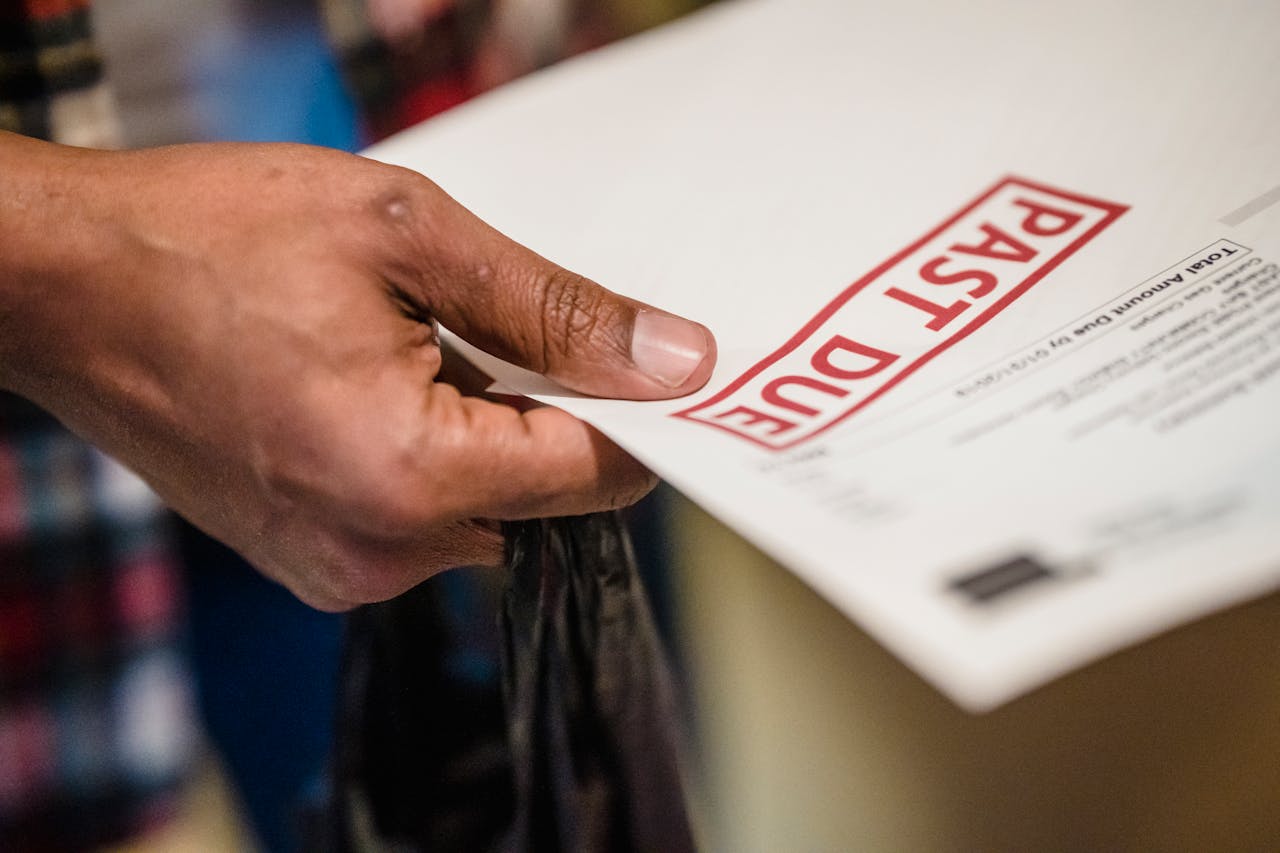Audio Discussion/Summary of this Page
Taking out a loan with a co-signer can be a lifesaver when your credit or financial history prevents you from securing financing on your own. Co-signers, often family members or close friends, provide a safety net for lenders by agreeing to take on financial responsibility if the primary borrower cannot repay the loan.
While this arrangement can be beneficial, it creates a web of shared obligations that becomes especially complicated if the primary borrower files for bankruptcy.
Understanding how bankruptcy impacts co-signed loans is crucial for anyone considering this legal option.
This article explores the effects of bankruptcy on co-signers, offers steps to protect relationships and financial obligations, and highlights the importance of consulting with a qualified bankruptcy attorney.
When a co-signer agrees to back a loan, they essentially guarantee repayment. If the primary borrower defaults, the co-signer is legally obligated to fulfill the terms of the loan. This arrangement applies to various types of debt, including:
Lenders often require co-signers to reduce their risk, particularly when borrowers have low credit scores, insufficient income, or a limited credit history. However, this shared responsibility means that financial difficulties for one party can ripple through both individuals’ lives.

When the primary borrower files for bankruptcy, their legal obligation to repay certain debts may be reduced or eliminated. However, this bankruptcy discharge does not extend to co-signers. Here is how different types of bankruptcy filings impact co-signed loans:
Chapter 7 bankruptcy, often referred to as “liquidation bankruptcy,” eliminates many unsecured debts, such as credit card balances and medical bills. While this can provide significant relief for the filer, it does not absolve co-signers of their obligations. If a co-signed loan is discharged in the filer’s bankruptcy:
Chapter 13 bankruptcy, also known as “reorganization bankruptcy,” involves creating a repayment plan to address debts over three to five years. This filing provides some protection for co-signers through the “co-debtor stay.” The co-debtor stay temporarily prevents creditors from pursuing co-signers for repayment while the filer adheres to their repayment plan.
However, the co-debtor stay is not foolproof:
Co-signers face several potential consequences when the primary borrower files for bankruptcy:
When a co-signed loan is not fully repaid, the lender can demand payment from the co-signer. This obligation includes:
Missed or late payments on a co-signed loan can damage the co-signer’s credit score. Even if the primary borrower’s bankruptcy is finalized, negative marks on the account remain on the co-signer’s credit report.
If the co-signer cannot fulfill their obligations, the lender may pursue legal action, such as wage garnishment or asset seizure, to recover the debt.
Financial stress often spills over into personal relationships. Co-signers may feel betrayed or burdened by the primary borrower’s decision to file for bankruptcy, leading to tension or conflict.

If you are considering bankruptcy and have co-signed loans, it is essential to take proactive steps to protect your co-signers and maintain your relationships:
Discuss your financial situation with your co-signer before filing for bankruptcy. Transparency can help them prepare for potential consequences and explore alternative solutions with you.
Work with your attorney to ensure that co-signed loans are accounted for in your bankruptcy filing. This may involve prioritizing these debts in a Chapter 13 repayment plan to reduce the burden on your co-signer.
Some lenders may be willing to negotiate new terms for the loan, such as reduced interest rates or extended payment periods, to make repayment more manageable for both parties.
If possible, refinance or consolidate co-signed loans into a new loan under your name alone. This removes the co-signer from the obligation and protects them from future financial fallout.
Before filing for bankruptcy, explore alternatives such as debt consolidation, credit counseling, or negotiating directly with creditors. These options may help you manage your debt without involving co-signers.
Navigating bankruptcy with co-signed loans requires careful planning and legal expertise. A qualified bankruptcy attorney can provide invaluable guidance by:
An attorney will assess your debts, income, and assets to determine the most effective course of action. They can identify how co-signed loans fit into your overall financial picture and recommend strategies to protect your co-signers.
Your attorney will explain the differences between Chapter 7 and Chapter 13 bankruptcy and how each option impacts co-signed loans. They can also discuss alternatives to bankruptcy if those options better align with your goals.
Filing for bankruptcy involves completing detailed paperwork, attending hearings, and meeting court deadlines. An attorney ensures your case proceeds smoothly and helps you avoid mistakes that could harm your co-signers.
In some cases, your attorney may negotiate directly with creditors to reduce the burden on both you and your co-signer. This might involve settling the debt for less than the full amount or restructuring the loan.
An attorney can help you address the emotional and relational aspects of co-signed loans by providing clear communication strategies and realistic expectations for all parties involved.
Filing for bankruptcy is a significant decision that impacts not only your financial future but also the individuals who have supported you through co-signed loans.
While bankruptcy can provide relief from overwhelming debt, it does not absolve co-signers of their obligations. Lenders can still pursue co-signers for repayment, and the financial fallout can strain relationships and create lasting consequences.
To navigate these challenges effectively, consult with an experienced bankruptcy attorney. They can help you understand the legal and financial implications of bankruptcy, develop strategies to protect your co-signers and guide you toward a resolution that aligns with your long-term goals.
By addressing co-signed loans proactively and seeking professional guidance, you can minimize the impact on your co-signers and move forward with greater financial clarity and stability.
Dealing with bankruptcy doesn’t have to be a single-person job. The bankruptcy lawyers at Parker & DuFresne will help you determine the best course of action to help you get out from under your debt and move forward to a debt-free future.
Call today at 904-733-7766 for a free consultation, or click the button at the top of the page to schedule online.

Parker and DuFresne
